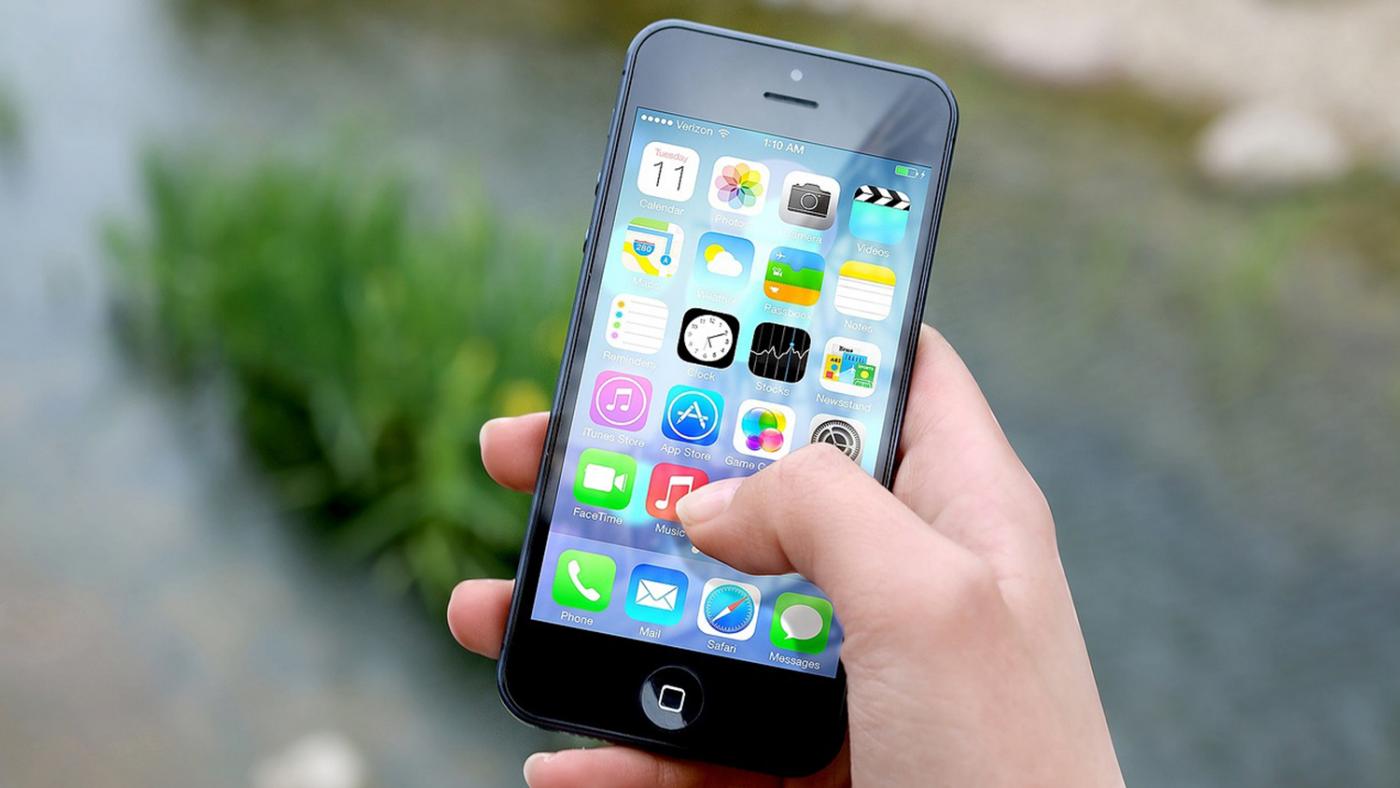Dutch government starts national campaign
International students call 112 too often

International students are among the groups most likely to call 112 or a GP’s emergency number, along with parents of young children and foreign tourists. However, their medical complaints can often wait a while, argues the Ministry of Public Health (page in Dutch, Ed.).
Hence the government's decision to launch a campaign with posters, flyers, videos and advertisements on social media, encouraging people not to call emergency numbers too hastily. The campaign is to target certain groups specifically, and international students are one of them.
Everywhere
However, there is no hard data on how often international students call the emergency number. The target groups were chosen after all emergency control rooms were contacted by phone, explains Willem van ’t Hof, head of the ambulance dispatch centre in Amsterdam. “I have made the calls myself and all my colleagues mentioned international students.”
And he's not only talking about the biggest cities in the Netherlands (also known as the Randstad conurbation). International students are more likely to call 112 hastily to the east and south of the country too, as well as in the province of Friesland. “It really surprised us, we hadn’t expected that”, says Van ’t Hof.
Sometimes the treatment they need can be provided by a GP. “You don’t have to call 112 if you have a stomach ache”, he notes. The campaign aims to tell foreigners about the Dutch healthcare system so that they know where to get help.
According to Van ’t Hof, some people call 112 when they get sick after using cannabis. “They don’t realise that cannabis in the Netherlands is stronger than in their own country. In the Randstad conurbation, some people even call if they've had too much to drink. Not in the east of the country, though: there, people there just take their drunken friends home and that’s it.”
Panic
But will a campaign really help in such cases? “I understand very well that people panic sometimes”, underscores Van ’t Hof. “My advice is: if it looks like an emergency, take a deep breath first. Granted, I am a trained paramedic, so almost nothing looks like a problem to me. It’s different for a layman, of course.”
Isn’t it possible that these students simply can’t find a GP, so they resort to 112? “Yes, finding a GP can be a problem for many people”, he agrees. “But that isn’t something we ask when they call. It could also be that they have a smaller social network, so they have to fend for themselves.”
If they don’t call 112 and cannot go to a GP, they probably end up going to a hospital's accidents & emergency section. “And that’s definitely not what we want either”, says Van ’t Hof. “We need to discuss with the national association of GPs how to tackle this problem. For tourists, we can generally arrange something through a hotel doctor, but that doesn’t apply to students.”
Student union
The Dutch Student Union (LSVb) would also like to find out how accessible GP care is to international students. “Why do they feel like they have to call 112?” LSVb chair Joram van Velzen wonders. “Maybe we ought to investigate that before pressing ahead with awareness campaigns.”